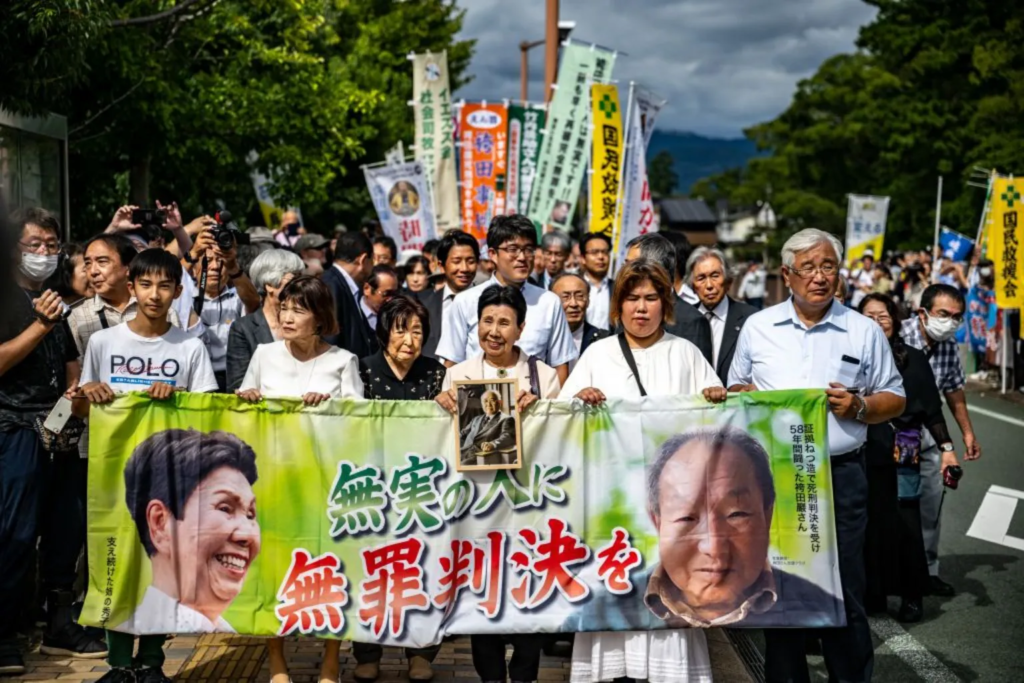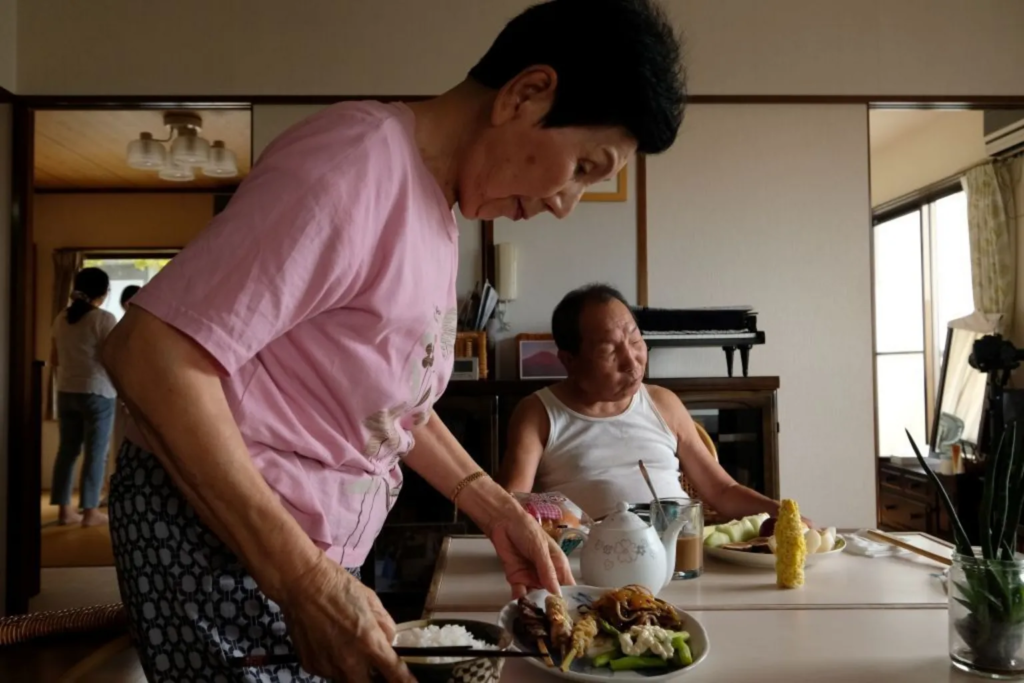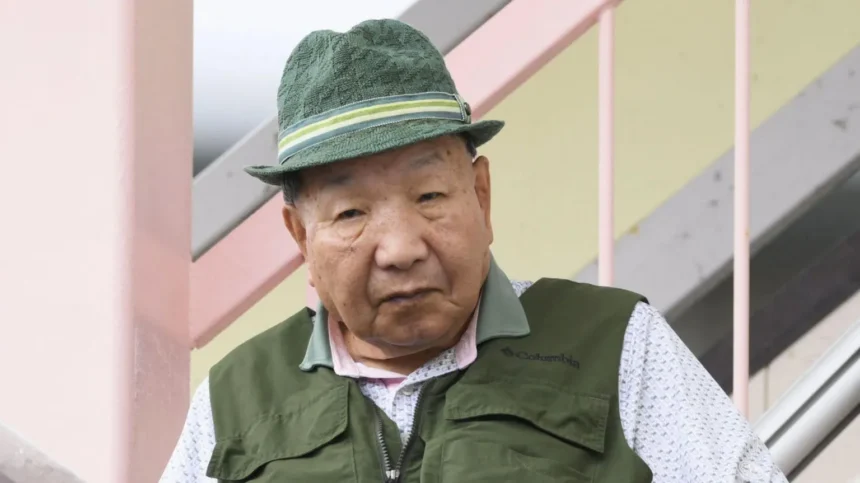In a historic turn of events, Iwao Hakamada, an 88-year-old man who has spent nearly 56 years on death row, has been acquitted by a Japanese court. This landmark decision came after it was determined that evidence used against him in his 1968 conviction for quadruple murder was fabricated.
Background of the Case

Iwao Hakamada was convicted of murdering his boss, the boss’s wife, and their two teenage children, whose bodies were found in a burned home in Shizuoka, Japan. He initially denied the charges but later gave a confession, which he claimed was coerced under duress, including beatings during prolonged interrogations.
The case hinged on bloodstained clothing discovered in a miso tank a year after Hakamada’s arrest. His defense argued that DNA from the clothing did not match his, suggesting police may have planted the evidence. This argument was critical in persuading the judge to grant a retrial, which began last year.
The Verdict- Iwao Hakamada

The Shizuoka District Court’s ruling on Thursday found that investigators had tampered with the evidence, confirming suspicions that the bloodstains were fabricated. Hakamada was declared innocent, a verdict that led to cheers of “banzai” from his supporters outside the courtroom.
Due to his deteriorated mental state, Hakamada was unable to attend the hearing. Since his release in 2014, he has lived with his 91-year-old sister, Hideko, who has tirelessly advocated for his exoneration. “When I heard that [not guilty], I was so moved and happy, I couldn’t stop crying,” she expressed after the verdict.
Implications
Hakamada’s case highlights significant concerns about the Japanese justice system, especially regarding the treatment of death row inmates and the use of coerced confessions. Retrials for death row inmates are exceedingly rare in Japan, making Hakamada’s case especially notable.
Japan, along with the United States, is one of the few developed nations that still imposes the death penalty. Hakamada’s acquittal raises questions about the judicial process and the possibility of wrongful convictions in a system where inmates are often kept in solitary confinement and face imminent execution with little notice.
This case not only brings attention to the need for reform in Japan’s capital punishment practices but also serves as a reminder of the human cost associated with the death penalty.









